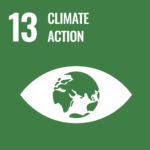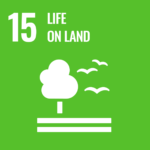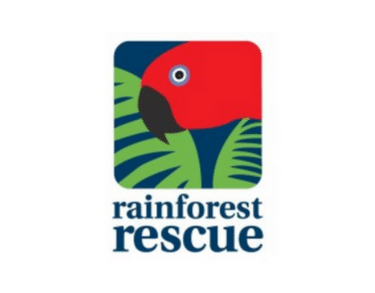Collect and Propagate One Rainforest Seedling to Plant and Restore Habitat
Two-thirds of the Daintree Lowland Rainforest was excluded from the Daintree National Park and World Heritage Area declared in 1988. In 1982, a pro-development Queensland State Government re-zoned leasehold and freehold here, enabling subdivision of 1,137 blocks resulting in the build of 50km+ of roads, and the clearing of high conservation value rainforest for housing.
The freehold land between the Daintree River and Cape Tribulation has World Heritage value and should have been protected as part of the Daintree National Park.
As commercial agriculture in the region becomes less sustainable or economically viable, and economic benefits recognise environmental benefits beyond carbon, thanks to government land restoration funding and new initiatives that account for nature’s environmental co benefits, restoration is finally becoming economically attractive.
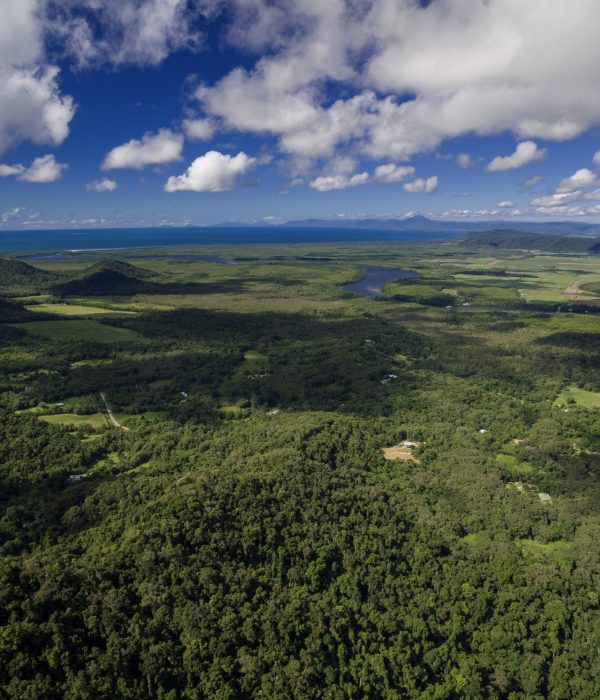
How Rainforest Rescue’s project addresses this problem:
It’s vital to understand our credentials: we’ve worked in the Daintree for over two decades and we are professionals with a proven track record. We’re fortunate enough to be now known worldwide in not only conservation circles but mainstream media for our rainforest restoration and protection successes.
In 2018, Wet Tropics Management Authority recognized RR with the prestigious Thorsborne Award which “… recognises an outstanding commitment to the improvement of the Wet Tropics World Heritage Area environment, including the protection and rehabilitation of its flora and fauna.’’
So, we have RESCUE down pat! The diagram which follows shows visually the ways in which Rainforest Rescue addresses this problem of at-risk Daintree rainforest.
Regarding regeneration demands – we have planted upwards of 320,000 trees to repair damaged rainforest. This is good – but not good enough. Total nursery capacity in the Daintree region is low: between 4 small nurseries there is a total tree output of approx 28,000 trees.
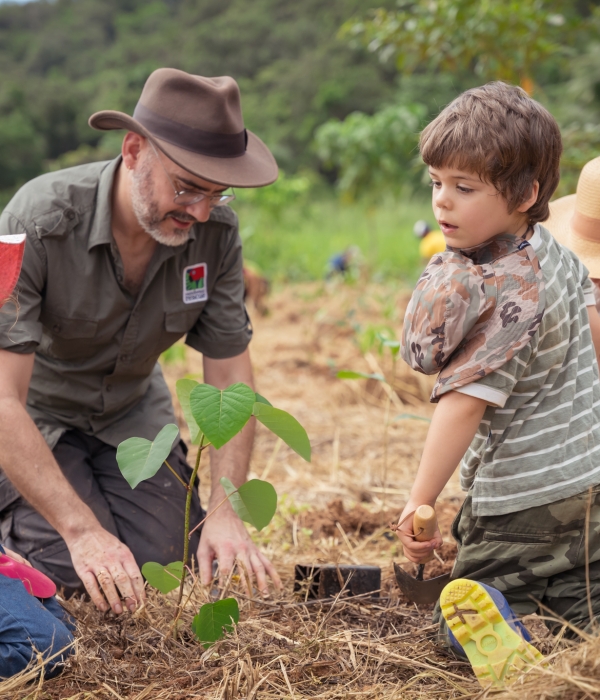
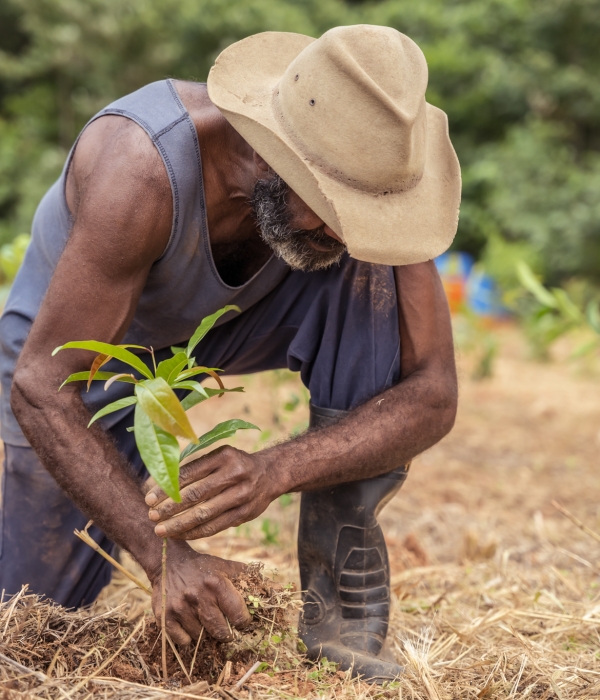
The existing Rainforest Rescue Native Daintree Nursery itself accounts currently for almost half of this capacity (12k). This will not make the difference needed to restore the Daintree – it will take hundreds more years at this level. With the challenges of climate change and habitat loss and the need to offset development, now is very much the time we need to scale up. We have recently been allocated land on which to build a new, high-capacity nursery which will offer a significantly increased level of tree output, and we are raising funds towards this capital investment.
The New Nursery is the answer. from a current 12,000+ being grown at present, to equip the New Nursery to provide 150,000 seedlings annually to restore damaged Daintree rainforest. Within twelve months, we believe the New Nursery will be running with all necessary infrastructure and equipment, Rainforest Rescue staff alongside Jabalbina Indigenous Rangers, as well as a team of volunteers, suppliers and installers to increase much needed seedling propagation four-fold to 75,000+ seedlings initially and the ultimately 150,000 seedlings per year. Our first goal is to produce one million Daintree trees.
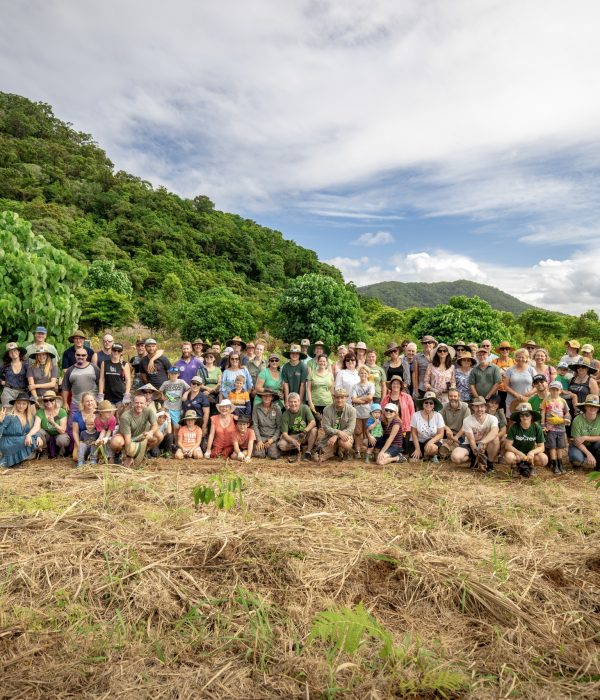
More Information
Visit Website: Rainforest Rescue

